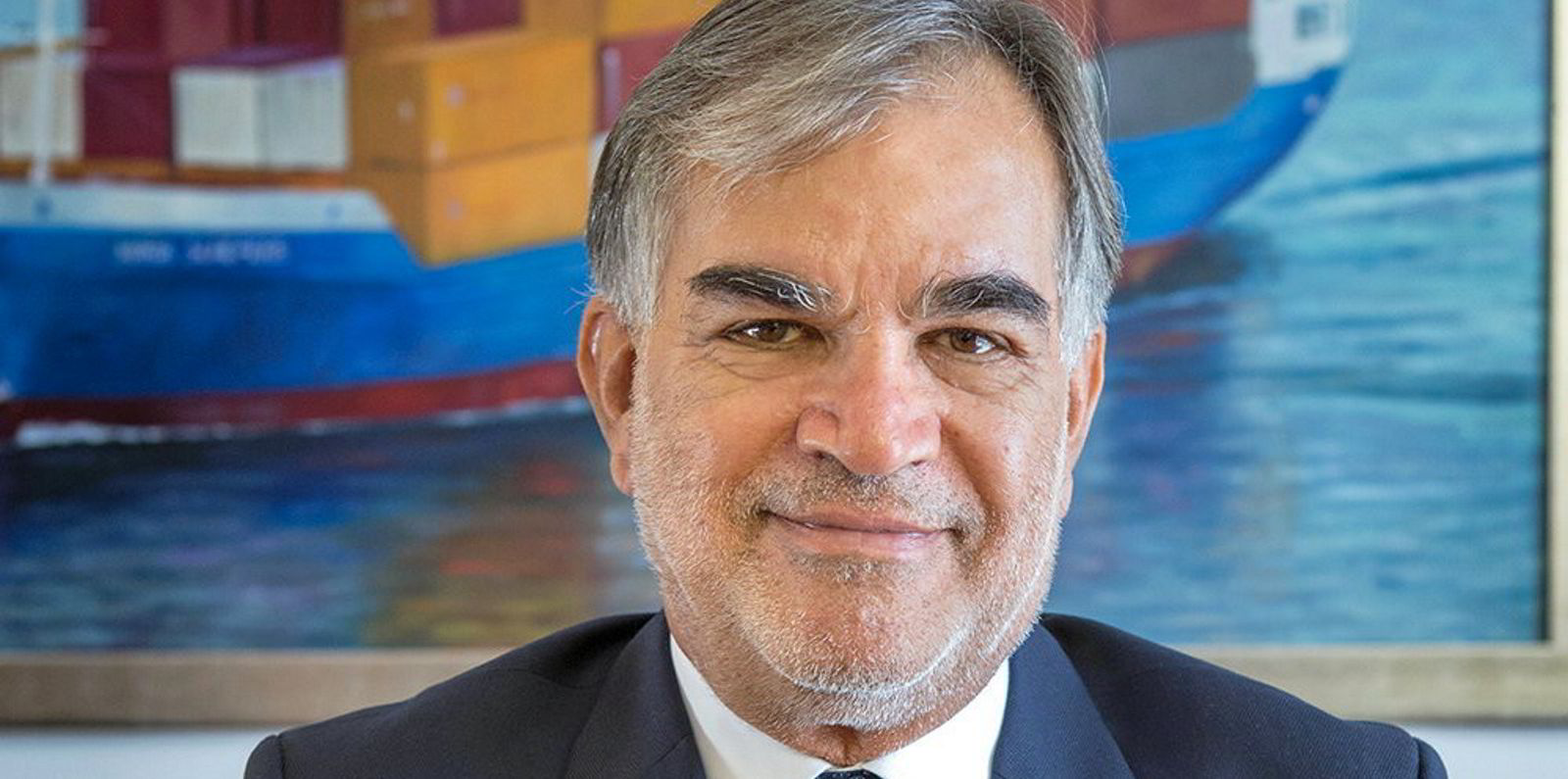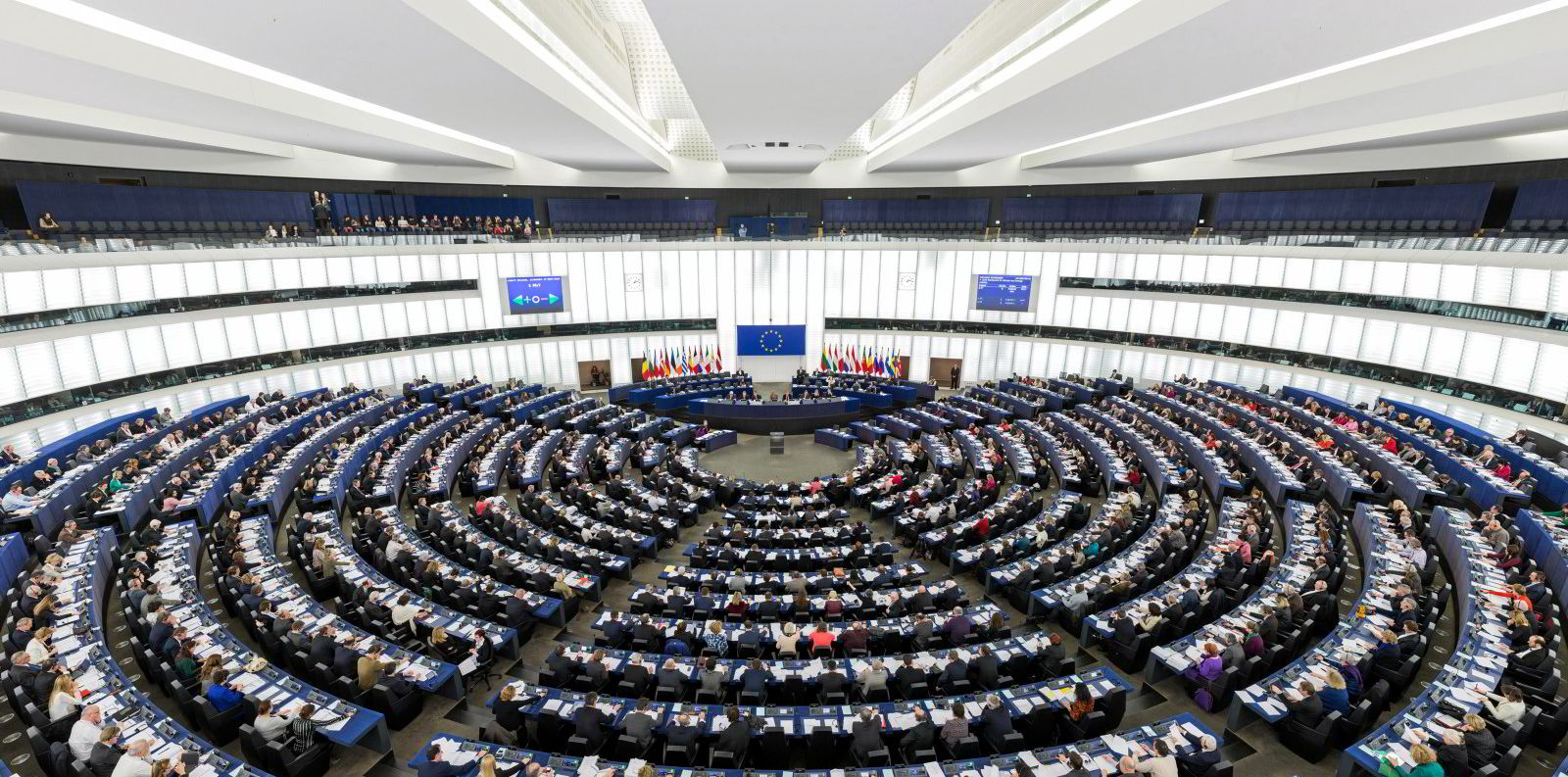The European Parliament has reached a critical political compromise over its position on the European Union’s emission trading system (ETS).
Strong cross-party support for the changes to the parliament’s ETS proposal will allow it to bring a common position to the next stage of the political negotiating table with the European Council.
The compromise comes two weeks after the legislative progress of the ETS stalled in the parliament as parties rejected its first package of decarbonisation measures.
Shipping’s inclusion in the ETS is one part of a series of decarbonisation measures under the EU’s “Fit for 55” programme, which also involves road transport and a carbon border tax.
The parliamentary no vote two weeks ago raised doubts over whether the inclusion of shipping in the ETS could take place as scheduled in 2023.
Among the measures related to shipping in the new compromise deal agreed by the parliament, 75% of the revenue generated from the ETS will go to an Ocean Fund for shipping decarbonisation.
It also agreed with the principle of the polluter pays, meaning ETS costs will be met by a vessel’s commercial operator, rather than its beneficial owner.
Make or break
The European Community Shipowners’ Associations said the changes are largely in line with its own proposals on reforming the system.
Secretary general Sotiris Raptis said that using ETS funds for decarbonisation is critical for the adoption of alternative fuels by shipowners. He described the parliament vote as a “make or break” moment for shipping decarbonisation.
“The parliament’s vote is a strong signal that the European policymakers listen to us and take into account the proposals of our sector. We need all hands on deck, and the role of the commercial operators is key for reducing emissions,” Raptis said.
The next round of negotiations between the European Parliament and the European Council over the ETS is likely to come in the autumn.
However, the council must first agree its own common position at a meeting next week.




